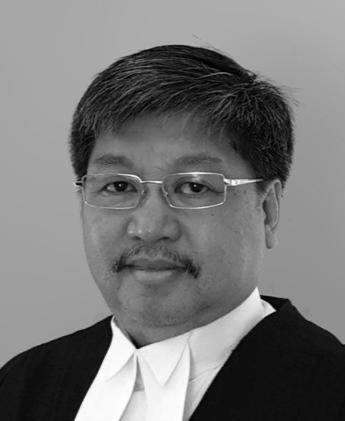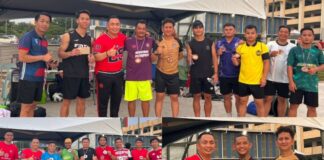By Bob Munang JP
KOTA KINABALU: To some people, the proposed adoption of “Momogun” to replace the acronym “KDMR” smacks of a political move.
They somehow do not see it as a genuine attempt to unify and preserve an identity that an ethnic name would convey.
It’s important to understand why “Momogun” is being proposed by a group of concerned members of the Kadazan/Dusun community and why it matters a great deal to the community.
First, “Momogun” is not a new word. It is a term that has been used by the indigenous people of Sabah, especially the Kadazan, Dusun, Murut and Rungus people, for a long time, as evidenced by historical documents, including journal articles.
Some fear that adopting “Momogun” might somehow lead to the loss of their cultural traditions.
This worry is totally unfounded. It’s worth remembering that the term “Dusun” was originally used by outsiders to describe these communities, and it was later adopted by the British when they ruled Sabah from 1881 to 1960.
For almost 80 years, British administrators used “Dusun” for official purposes, but this did not cause the Kadazan, Dusun, Murut, and Rungus people to lose their cultural identities or dialects.
Our real challenge now is not the survival of our languages—it’s the absence of one unifying identity that defines our common ethnicity.
It is this sense of belonging that gives us identity and dignity as a people. Rather than being identified by an acronym like “KDMR” or being categorised as “Lain-lain” in population statistics and census reports, being known as “Momogun” would unite the Dusunic, Paitanic, and Murut communities as a recognisable people.
Some critics argue that adopting “Momogun” is a political act that would lead to the disappearance of individual identities.
They regard the move as a political agenda. But this perception overlooks deeper cultural and historical realities.
Just like in Sarawak, where different indigenous groups came together under the term “Dayak,” adopting “Momogun” in Sabah is about embracing solidarity and togetherness, to ensure that our voices are heard in the halls of power.
“Momogun” is not just another label. It’s a name that carries weight, similar to terms like Malay, Chinese, Indian, or Dayak.
It doesn’t replace being Kadazan, Dusun, Murut, or Rungus. Instead, it brings these identities together under one larger umbrella, making them stronger as a group.
In the past, disagreements over terms like “Dusun”, “Kadazan” or “Kadazandusun” have impeded progress in areas like education, politics, and the economy.
Continuing to argue over these labels will only make it harder for these communities to move forward.
By adopting “Momogun,” however, there’s a chance to build a future where everyone is included and respected, and where the unique cultures of all indigenous people in Sabah are preserved and celebrated.
In the end, adopting “Momogun” isn’t about politics – it’s about helping a people to move forward to ensure that the indigenous people of Sabah have a name that identifies them, honours their past, strengthens their present, and protects their future. It’s a name that can bring them together, help them stand strong, and ensure their rich culture is recognised and respected for generations to come.
Bob Munang JP is a life member of the Kadazan Dusun Cultural Association (KDCA) and a founding life member of the Momogun National Congress (MNC).
He serves as a Justice of the Peace for the State of Sabah and is an enrolled Barrister and Solicitor of the New Zealand High Court, as well as a practising Advocate and Solicitor of the High Court of Sabah and Sarawak. His work reflects a strong commitment to both cultural preservation and legal practice.


